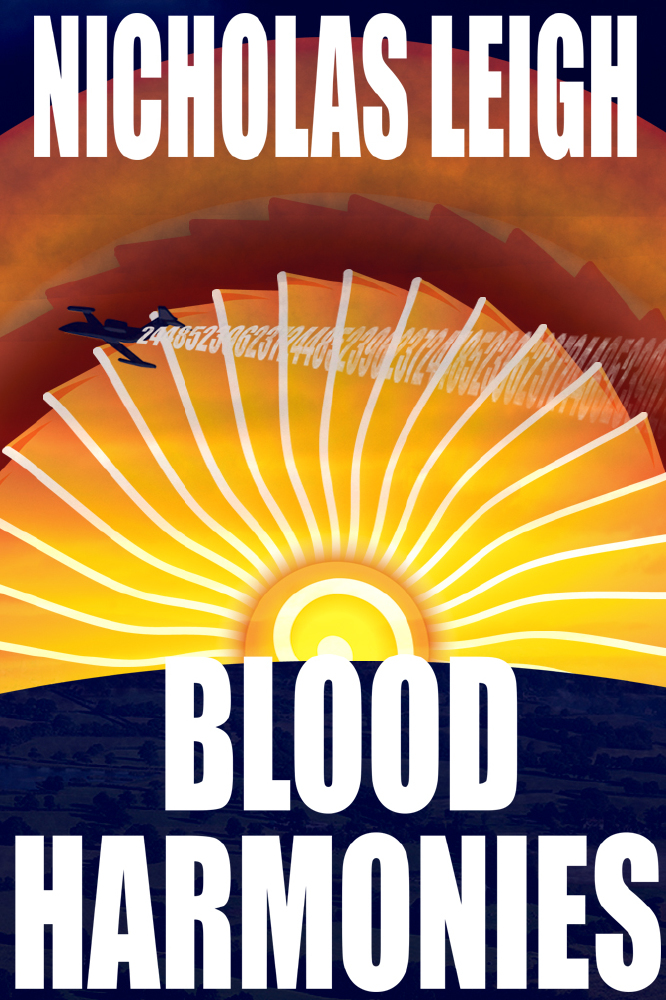As an author, there’s no better time to pen a thriller. Last year alone, the genre shifted 18.7million copies, outselling other types of fiction for the first time in history. But while our thirst for thrillers goes unabated, tapping into the £117million market isn’t easy. Here, British novelist Nicholas Leigh reveals his top 10 tips for writing an edge-of-your seat thriller that really thrills.

Nicholas Leigh
As its name suggests, the purpose of a thriller is to provide thrills, yet how many times have you sat down to read a “thriller” novel, or watch a “thriller” film or a “thriller” TV show, only to find that you had more excitement when you stopped to make a cup of tea?
Thrills in fiction come from the unexpected. The business of the thriller writer is to set up a series of expectations, only to turn the tables each time in a way the audience will get a major kick from. In life, people generally do not enjoy being made to feel stupid, but there is a particular pleasure that comes from realising that you have just been outfoxed by a story.
Although thrillers tend to be tales of suspense, crime, or mystery, the techniques of thriller writing could be applied to most kinds of story, infusing a book you may not instantly define as a thriller with the elements that still make for a gripping read. A few of those techniques are:
- Always know where you are going - so you know how to mislead your audience by making them think your story is heading in a different direction.
- Having mislead your audience once, mislead them again, and again, and again. The more times you can mislead them, the more fun they will have.
- But when misleading your audience, don’t cheat: any reversal has to be plausible, logical - even obvious in hindsight.
- Build the world your story takes place in as well as you can - make sure there are plenty of places for people and secrets to hide - and to be found. Be detailed, but don't overdo it.
- And take great care in drawing your characters. A golden rule of all forms of writing is that the more convincing your characters, the more powerful your story will be. Give your characters characteristics, and if some of those are contradictory, even better.
- Make sure your plot follows the natural choices your characters would make. Never sacrifice characterisation for a nifty plot move.
- Keep the story moving by planning it as well as you can, writing while listening to good music and drinking good coffee, and cutting the text to the bone. Hone and hone every paragraph, removing all unnecessary words.
- Much as you might like Jason Bourne, bring your own take: aspire to be original.
- An old Hollywood saying is, start with an earthquake and build up to a climax. Fill your tale with great material, but make sure you have a killer ending, or else your audience will have an aftertaste of disappointment.
- Don’t, don’t, don’t - don’t! - bore. You know what you like and dislike as a reader. Use this as your guidance to avoid writing what you as the audience member would not want to read.
Having set out these tips, the pleasure of writing is that you have an entirely blank slate. A moment of inspiration may convince you to break the rules - and you might be right!
Even so, it’s worth asking trusted friends to read your story before it goes out into the world. And if someone has asked you to read their freshly written tale so that you may give your opinion on the work they have agonised over, you could take these tips into account too.
Which brings me to the final note: always be kind when giving constructive criticism, or else you may find yourself the subject of the next thriller….

Nicholas Leigh is a British author whose intelligent and individualistic novels are based on relationships and human interactions. His books include Blood Harmonies, The Condition, The Confession of Dieter Berenson, and his latest novella, Two Women. All are available now through Liborwich Publishing on Amazon UK

